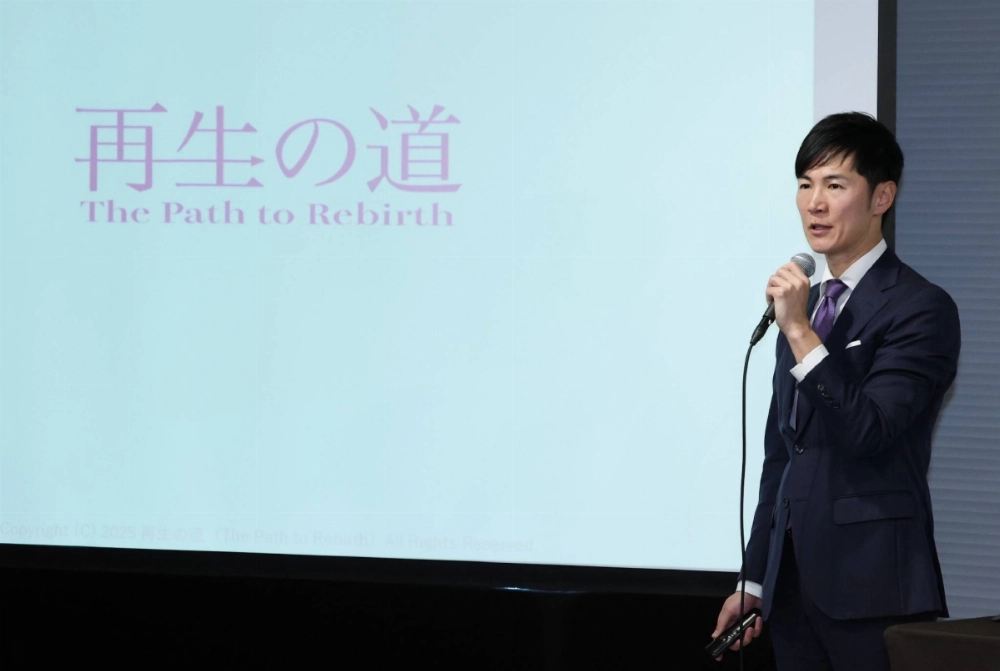Shinji Ishimaru — a candidate in last year’s Tokyo gubernatorial race who stunned many by finishing second, behind incumbent Gov. Yuriko Koike — announced Wednesday he will set up a new regional party, with the aim of fielding candidates in the Tokyo Metropolitan Assembly election in July.
In a news conference in the capital, the former mayor of Akitakata, Hiroshima Prefecture, said concerns over the future of the country led him to the foundation of this new party, which he named Saisei no Michi — “The Path to Rebirth.”
“For a long time I’ve had the growing feeling that things were getting bad in this country, and that we need to do something about it,” Ishimaru said, explaining that the party will seek to promote public participation in politics, enhance the autonomy of local municipalities and foster the revitalization of each local community.



















With your current subscription plan you can comment on stories. However, before writing your first comment, please create a display name in the Profile section of your subscriber account page.